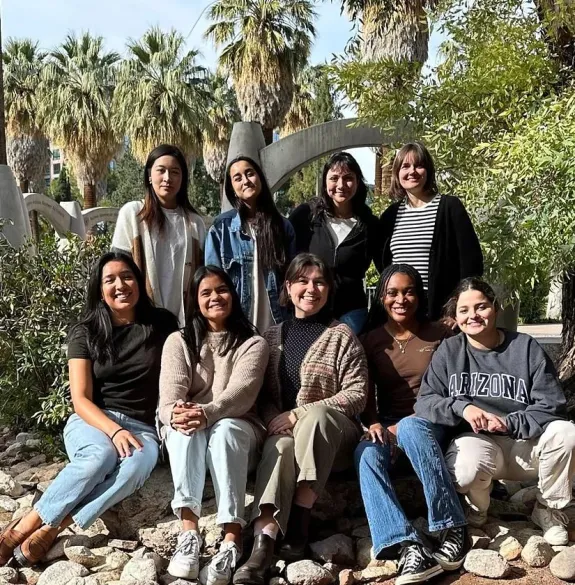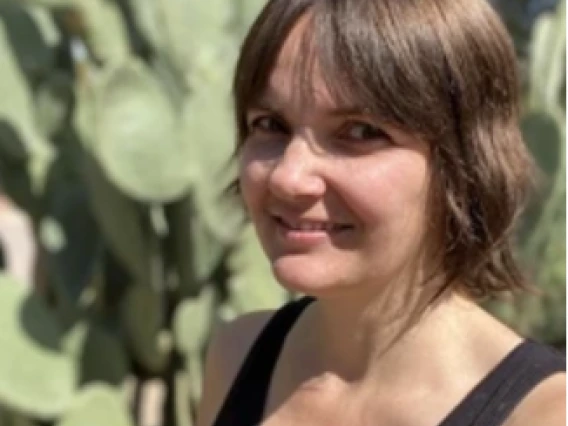
Collaborative Anthropology of Reproduction and the Environment (CARE)
Goals
Social scientists of reproduction are currently studying how “climate anxiety” — or growing concern about climate change’s harmful effects — may contribute to increasingly low fertility rates in many global locations. These studies of reproductive decision-making processes are, however, largely limited to countries with low Income inequality and low ethnic diversity. The CARE VIP foregrounds the perspectives of young BIPOC (Black, Indigenous, and people of color) in the Southwestern U.S. to broaden the scope of research on reproductive decision-making and climate change, both methodologically and theoretically.
Foregrounding the voices of those living in the U.S. Southwest, this project asks how young people in the United States, especially BIPOC, think about reproductive futures at a moment of climate crisis. Moreover, it asks what the climate crisis means to young people in the U.S. considering reproduction? How closely are ideas of climate linked to the natural environment, or is the climate in crisis also perceived as economic, social, and political environments? How do young adults living in the U.S. Southwest, particularly those who are racialized and minoritized, understand and anticipate the future at a moment of potential ecological, institutional, and everyday crises?
Issues Involved or Addressed
Through qualitative research (including discourse analysis, focus groups, and interviews) the CARE VIP will address the following issues:
- Reproductive health and decision making
- Demographic shifts and “transitions”
- Environmental issues, including ecological, socio-cultural, and economic environments
- Climate anxiety and future-oriented understandings of habitability
- Diversity and quality of life in the U.S. Southwest
Methods and Tech
- Medical anthropology
- Social sciences of reproduction
- Environmental anthropology
- Qualitative research (recruitment, focus groups, interviews, transcription, data analysis)
Academic Majors of Interest
Open to all majors and minors, with particular interest in the health, social, and life sciences, including:
- Anthropology
- Sociology
- Gender & Women’s Studies
- Africana Studies
- American Indian Studies
- Mexican American Studies
- Asian Pacific American Studies
- Middle Eastern & North African Studies
- Interdisciplinary Studies
- Geography, Development & Environment
- Environmental Sciences
- Environmental Studies
- Environmental Health
- Family & Community Medicine
- Public Health
- Applied Humanities
- Care, Health and Society
- Physiology and Medical Sciences
Preferred Interests and Preparation
We expect applicants to have some exposure to qualitative research (for instance, through a lower-level cultural anthropology or sociology course), and enthusiasm for qualitative methods. Spanish-language skills are also desired, though not required.
Skills that students will develop in this VIP include qualitative research design, discourse analysis, interviews, focus groups, data management, data analysis, research presentation.
Valued attributes include curiosity, creativity, commitment to conducting original research and the ability to work independently and in teams. Weekly CARE Lab meetings (To Be Scheduled) as well as additional research time will be required.


